Photos: Dinosaur Tracks Reveal Australia's 'Jurassic Park'
Jurassic Park
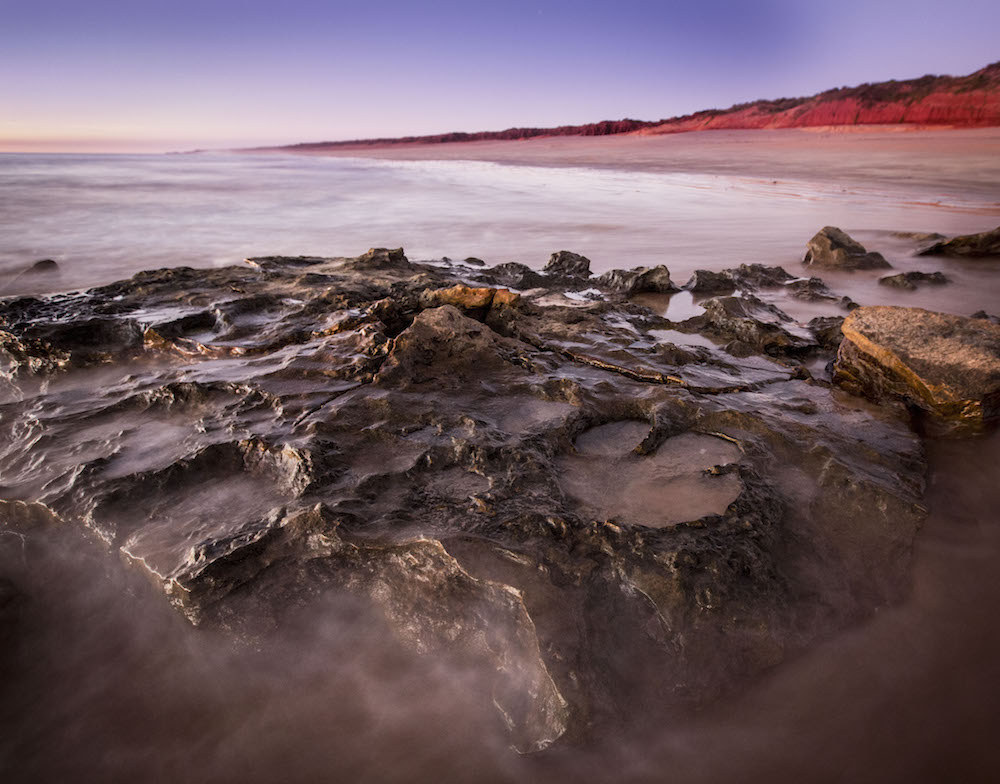
In an effort to save their culture's history, the Goolarabooloo people of Australia called in a group of paleontologists to examine thousands of dinosaur footprints. The Goolarabooloo view the fossilized, three-toed track marks as evidence of a journey taken by one of people's creation beings. But the Western Australia government wanted to build a liquid-natural-gas–processing precinct in the area, on top of the prehistoric footprints.
When the paleontologists came to study the track marks, they found some of the largest dinosaur footprints on record. The area is the most diverse place on Earth for dinosaur footprints, the researchers discovered.
The government later called off its plans to build the plant, meaning the dinosaur prints will remain untouched, at least for the time being. [Read the full story on the dinosaur footprints]
Walmadany

Fossilized dinosaur footprints left along the coastline of Western Australia.
Sauropod footprint
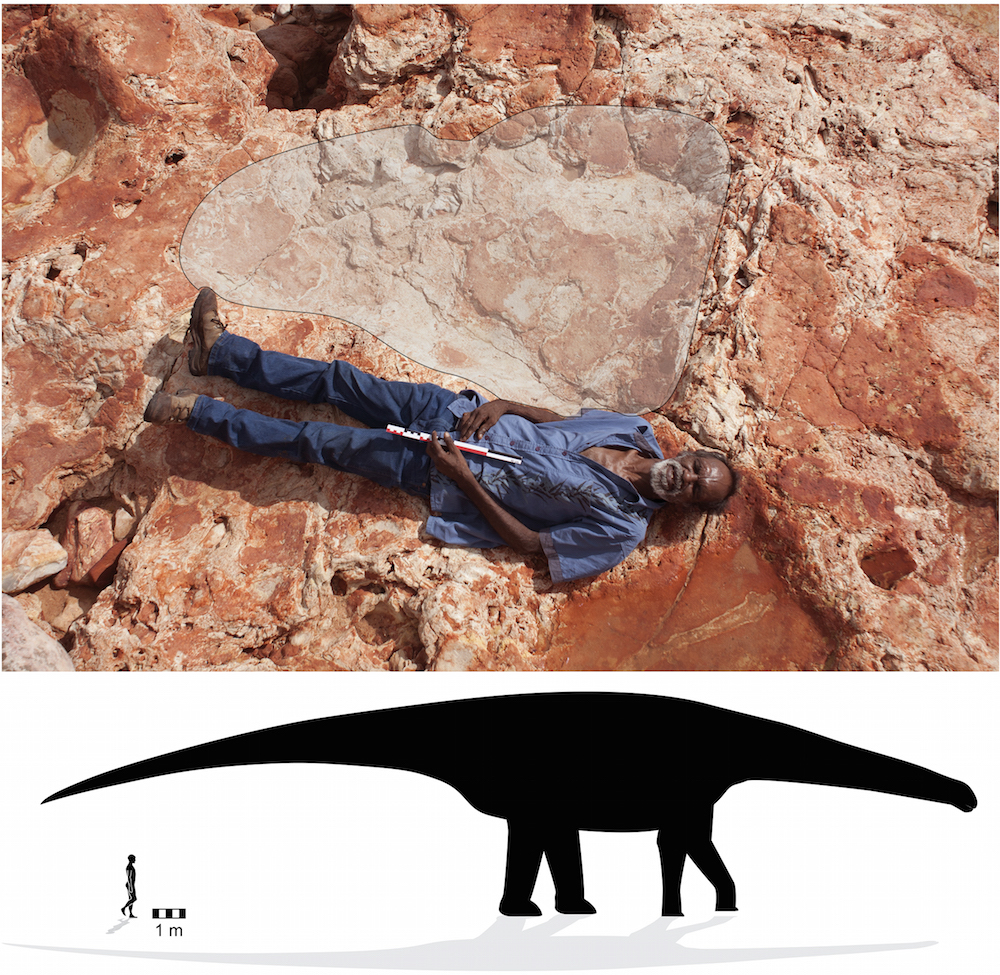
Richard Hunter, the Goolarabooloo law boss, lies next to a giant sauropod dinosaur track.
Dinosaur diversity
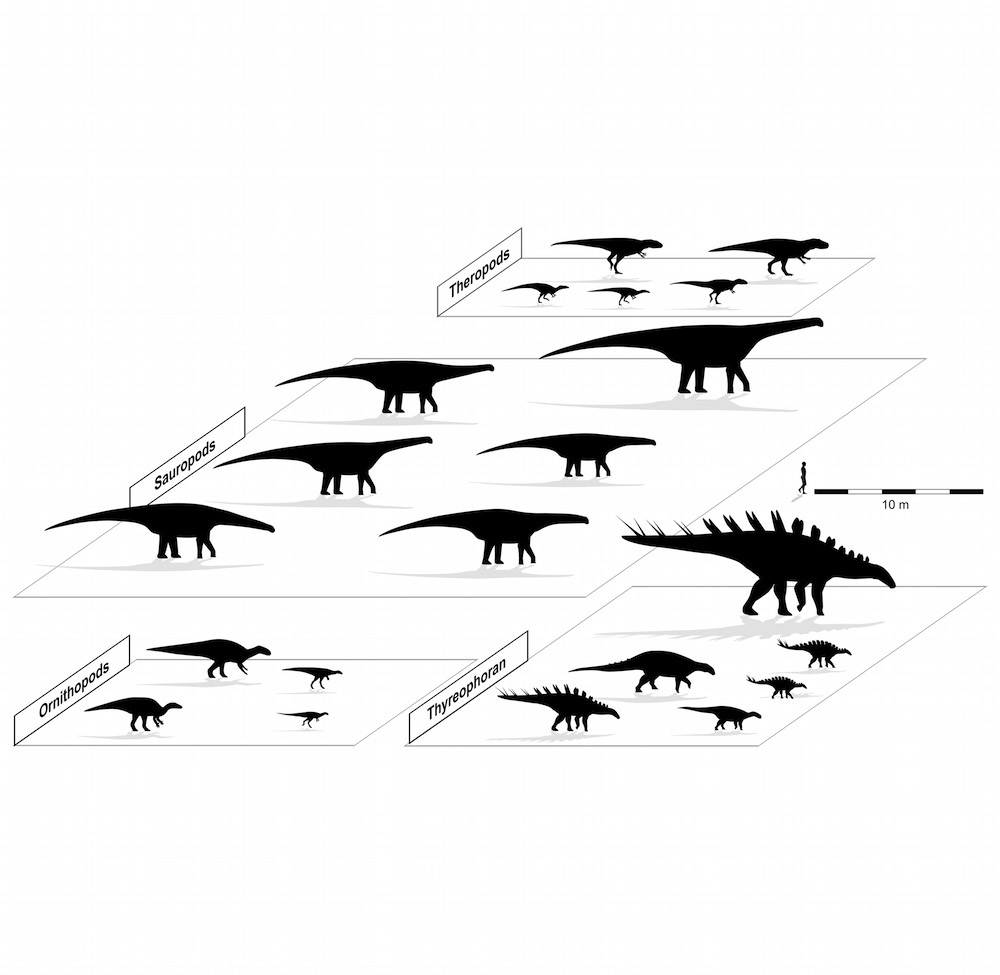
The different types of dinosaurs that may have left footprints at Walmadany.
Sauropod track
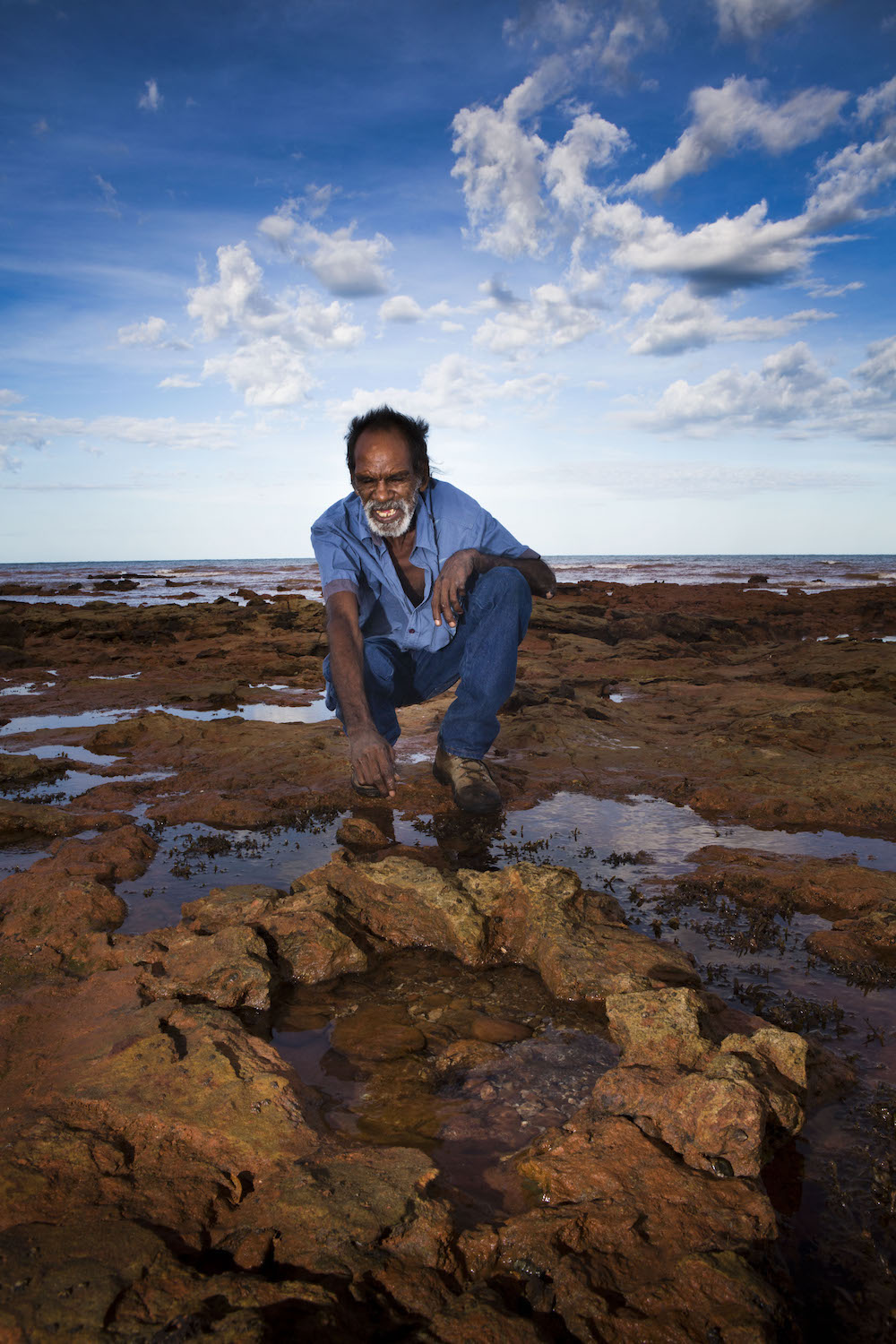
Richard Hunter kneels near a sauropod track mark.
Ornithopod footprints
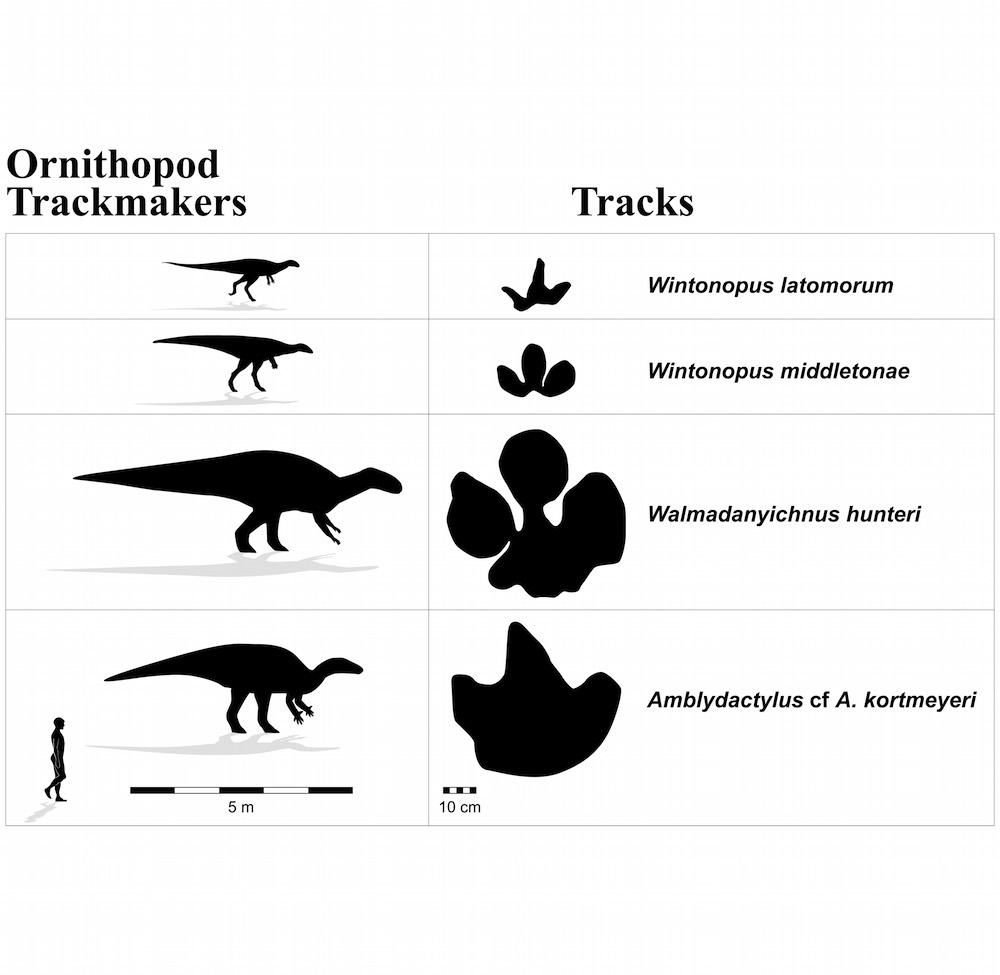
The various ornithopod dinosaurs that likely walked along the ancient land of Walmadany.
Fieldwork
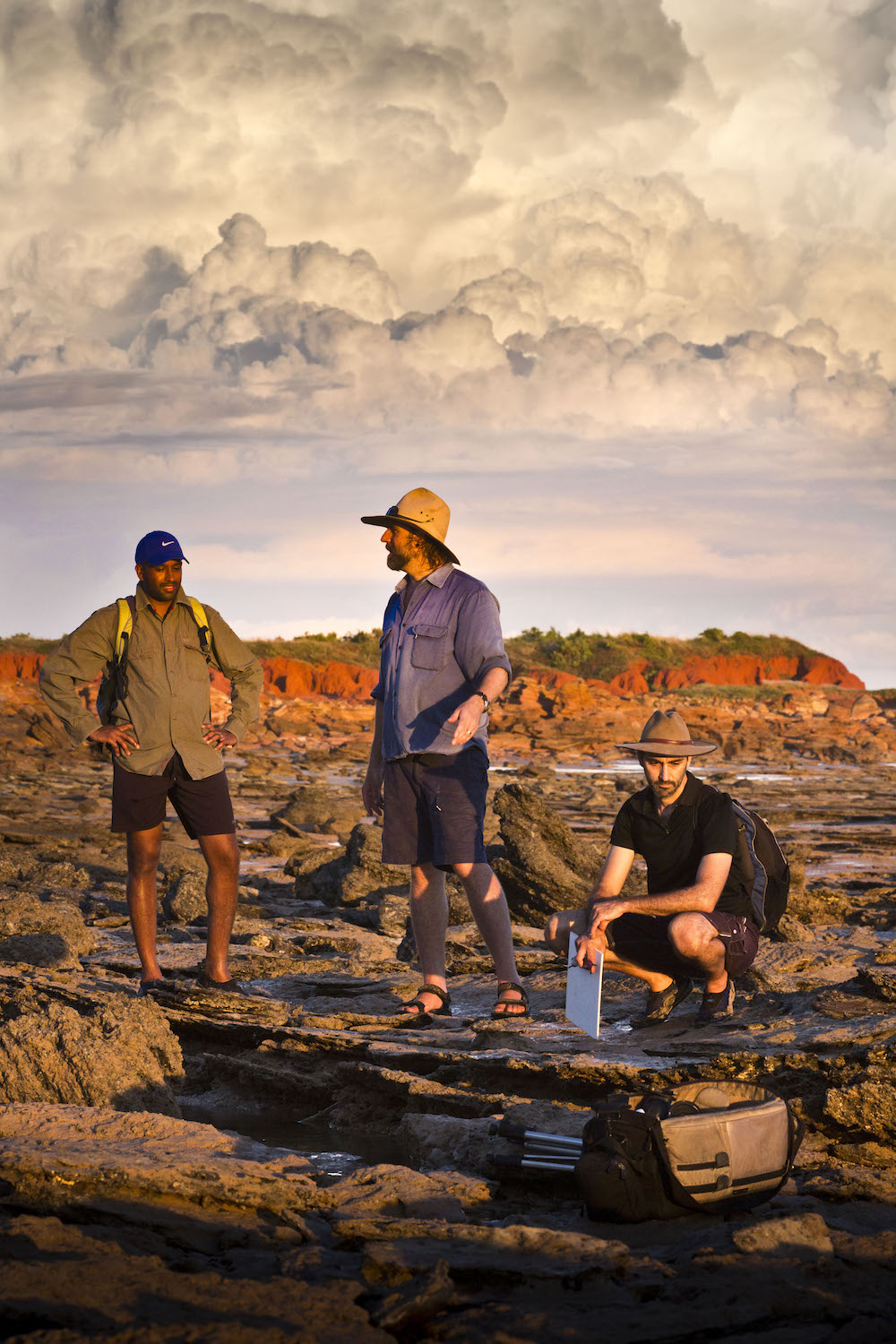
Study researchers Jay Nair (left), Steven Salisbury (center) and Anthony Romilio (right) study the dinosaur footprints.
Get the world’s most fascinating discoveries delivered straight to your inbox.
Sauropod prints
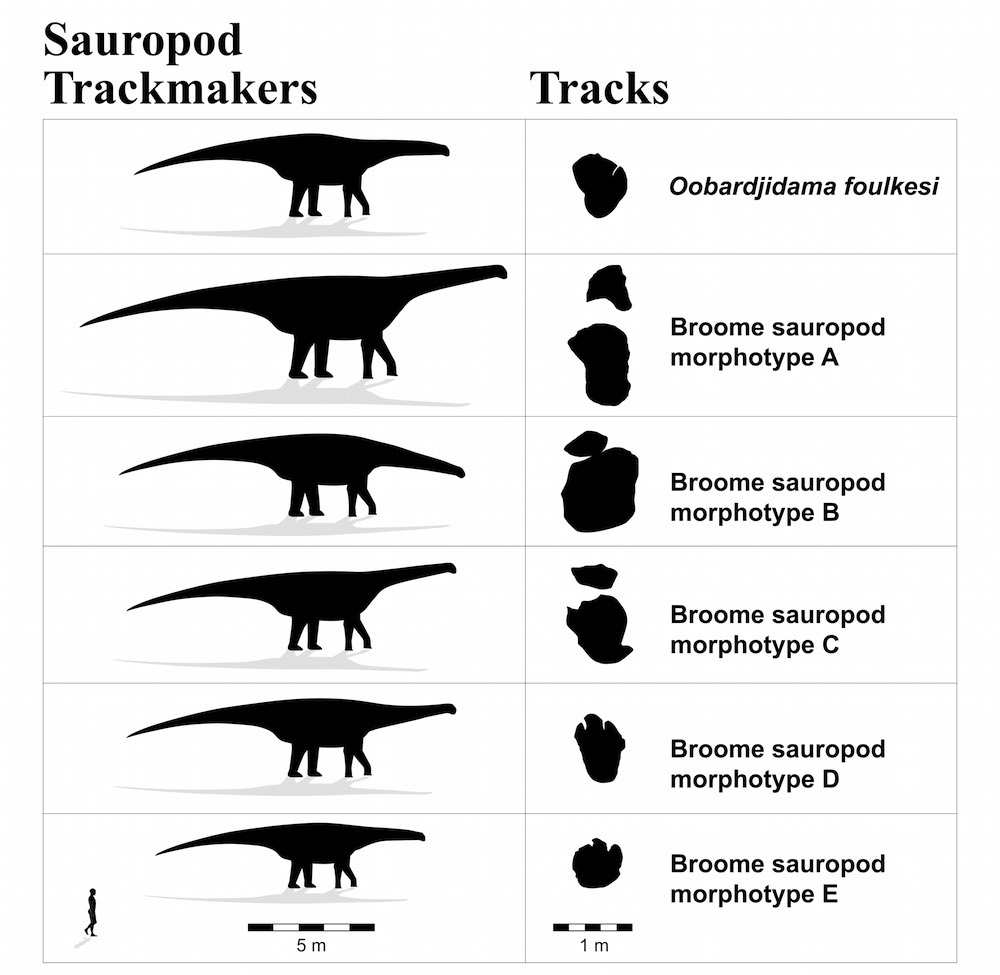
The different sauropods that likely left the giant footprints found in Walmadany.
Recording tracks
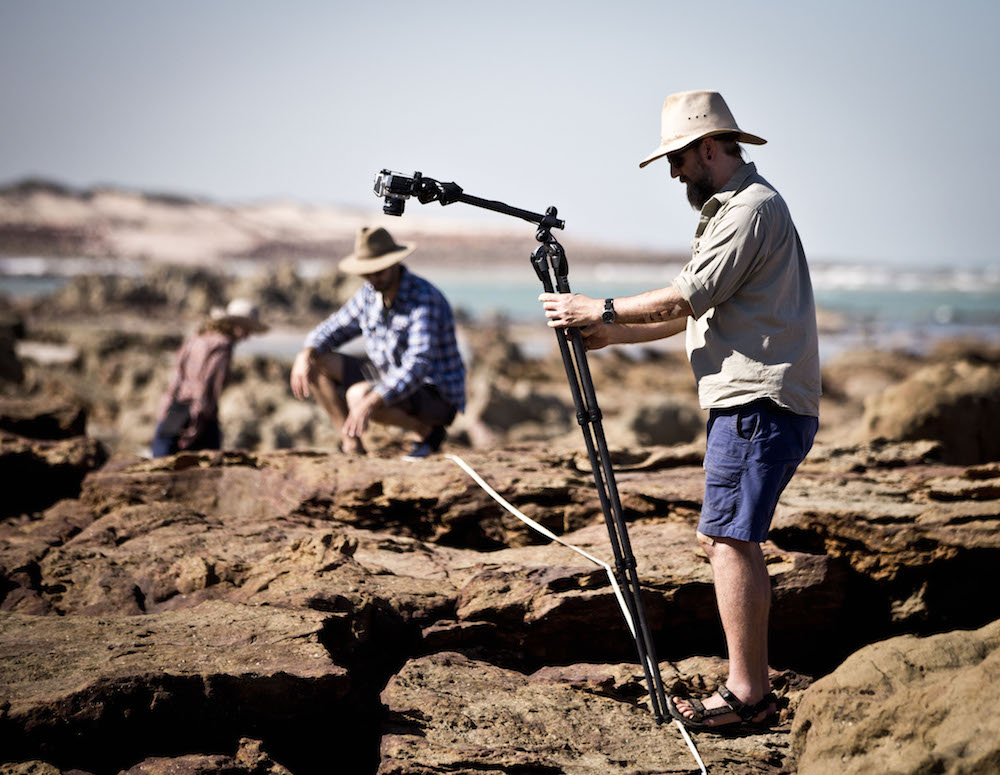
Steven Salisbury records the dinosaurs' fossilized footprints.
Theropod marks
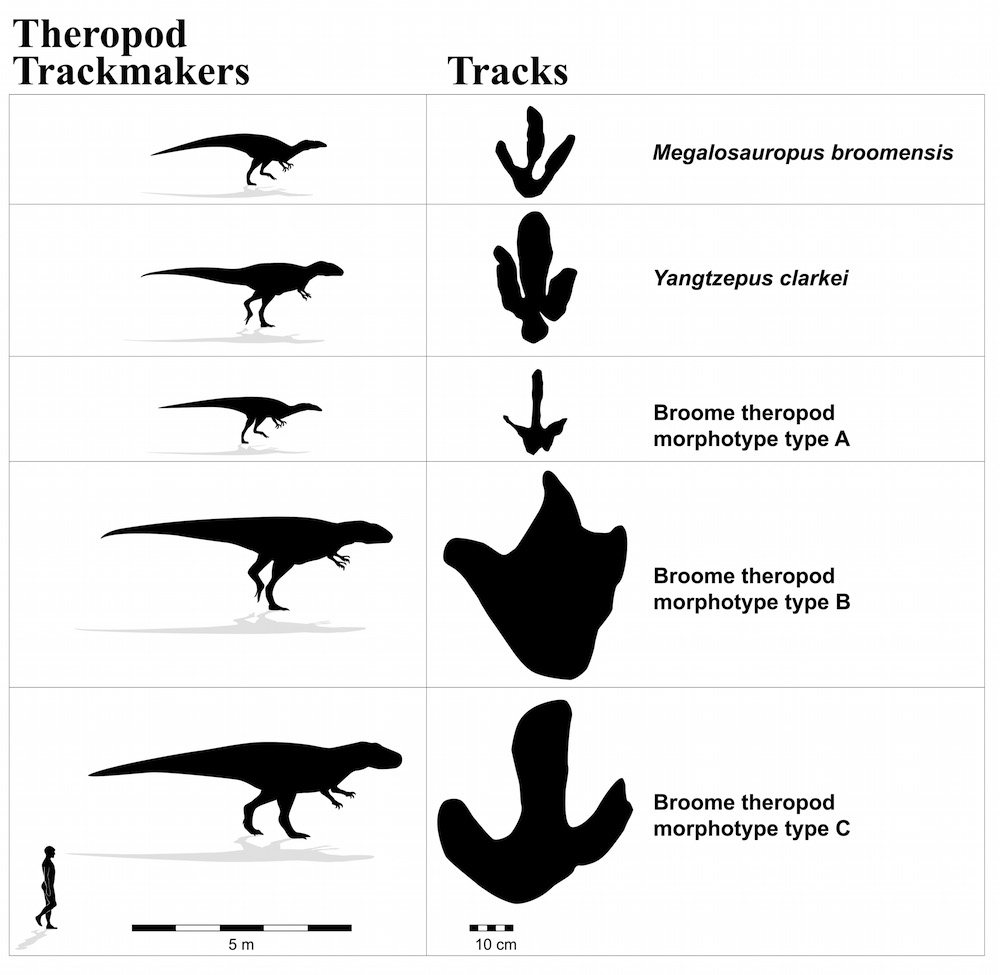
The different meat-eating theropod dinosaur track marks found in Western Australia.
Stegosaur print
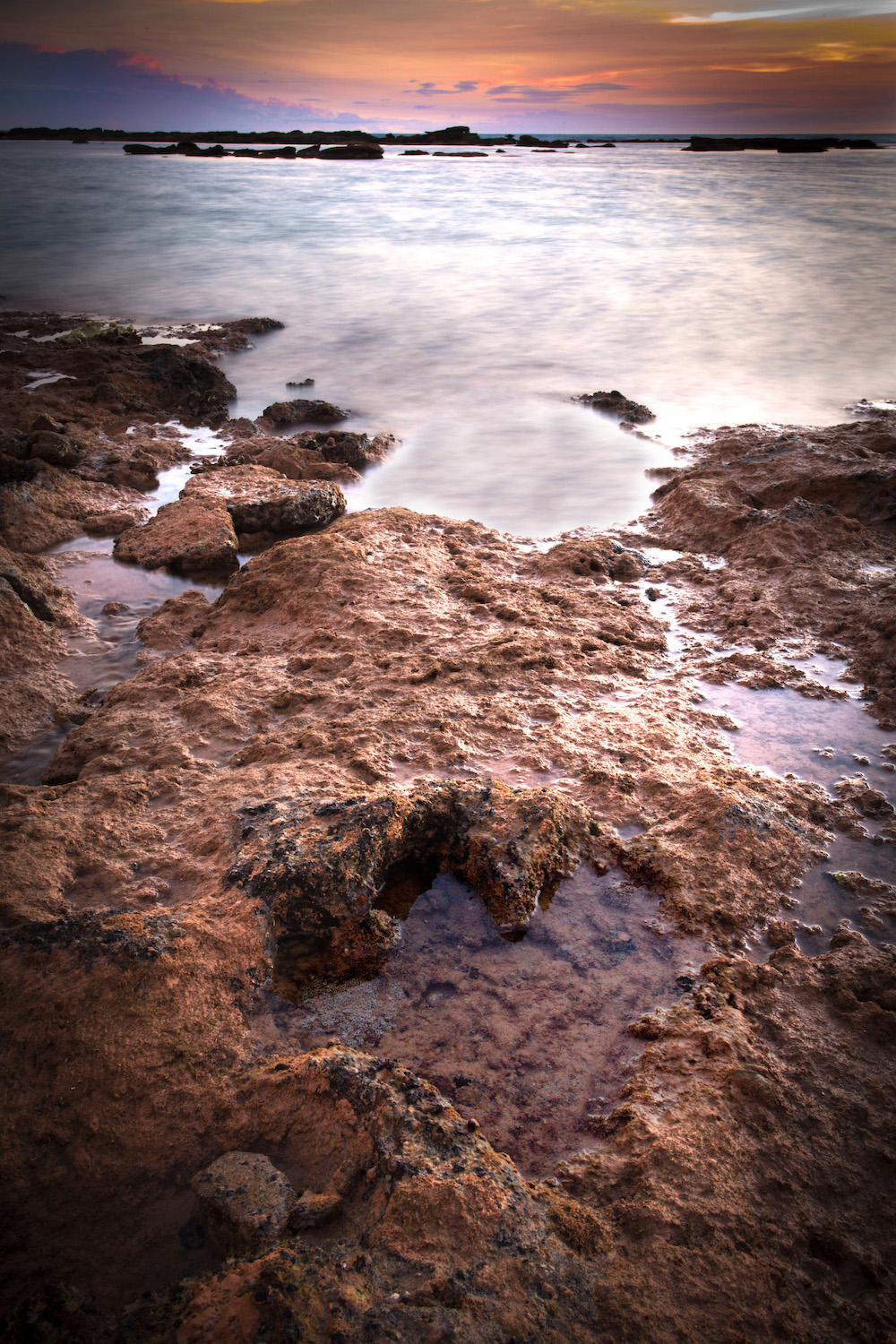
The fossilized footprint of a stegosaur.

Laura is the managing editor at Live Science. She also runs the archaeology section and the Life's Little Mysteries series. Her work has appeared in The New York Times, Scholastic, Popular Science and Spectrum, a site on autism research. She has won multiple awards from the Society of Professional Journalists and the Washington Newspaper Publishers Association for her reporting at a weekly newspaper near Seattle. Laura holds a bachelor's degree in English literature and psychology from Washington University in St. Louis and a master's degree in science writing from NYU.


